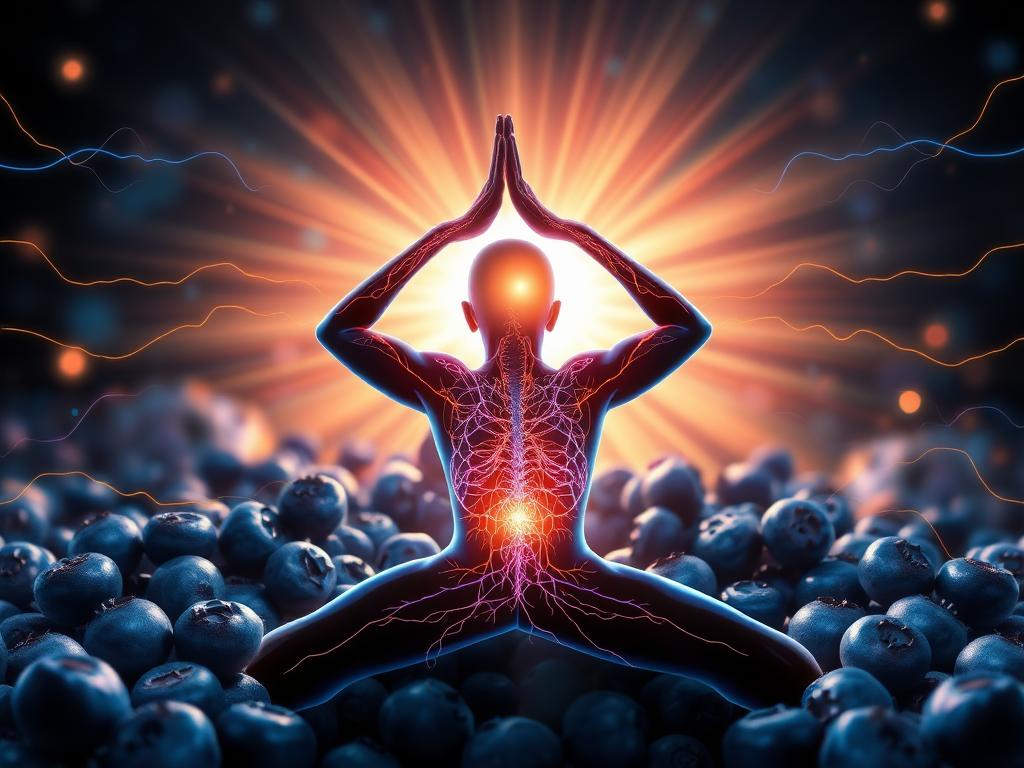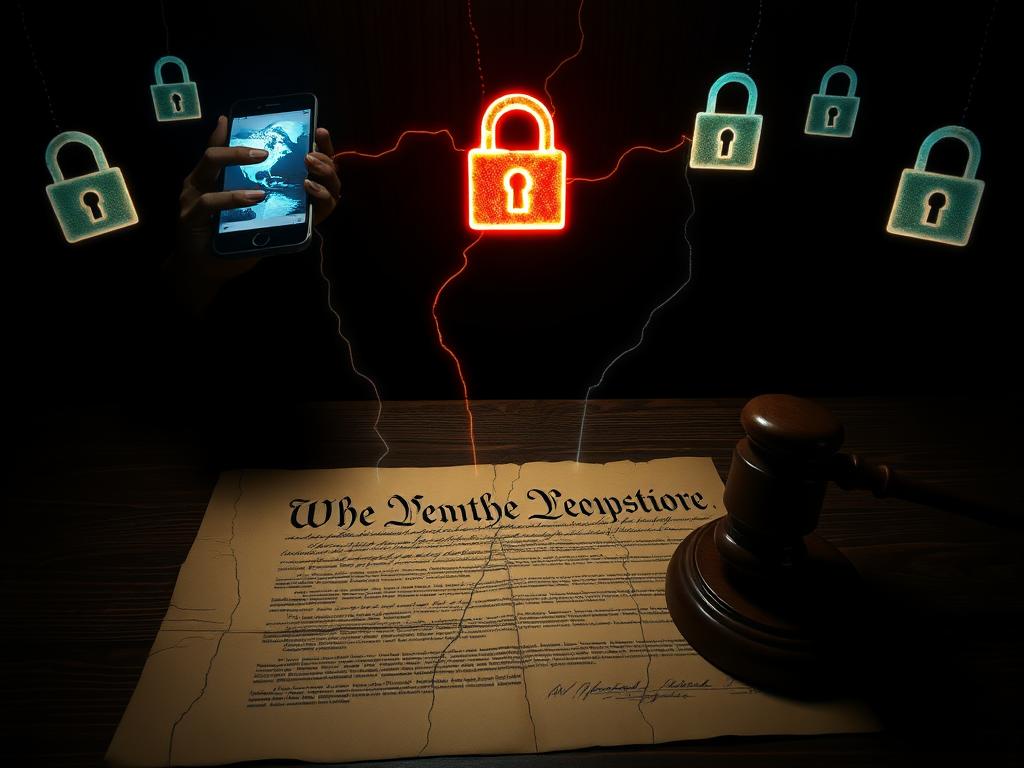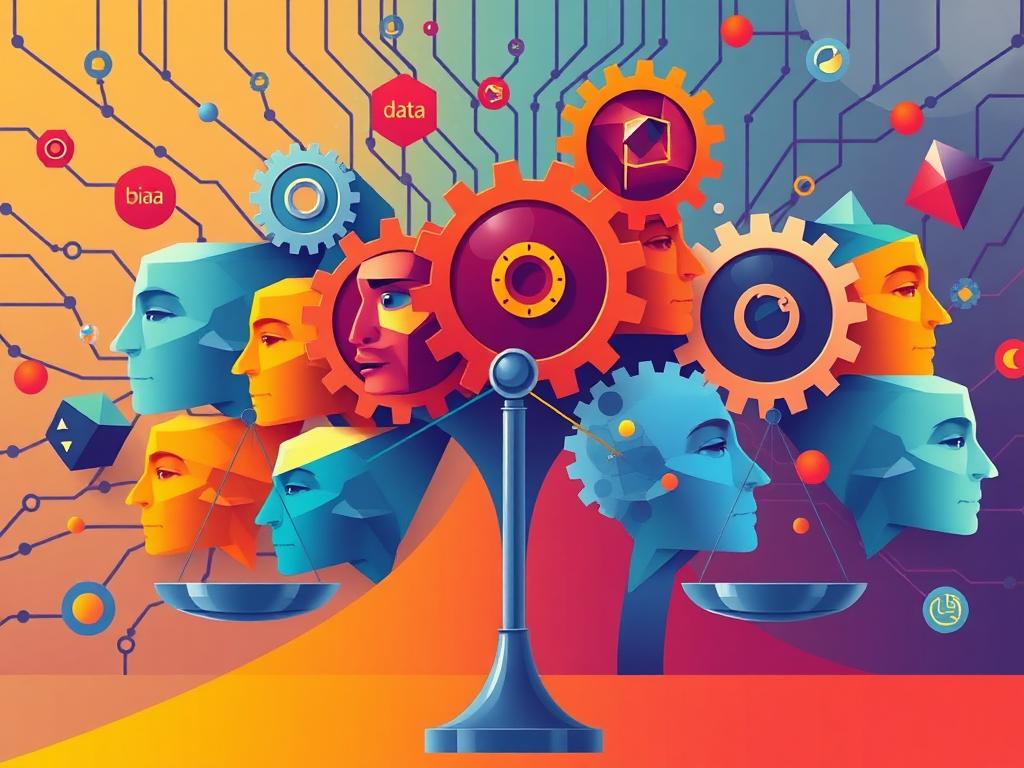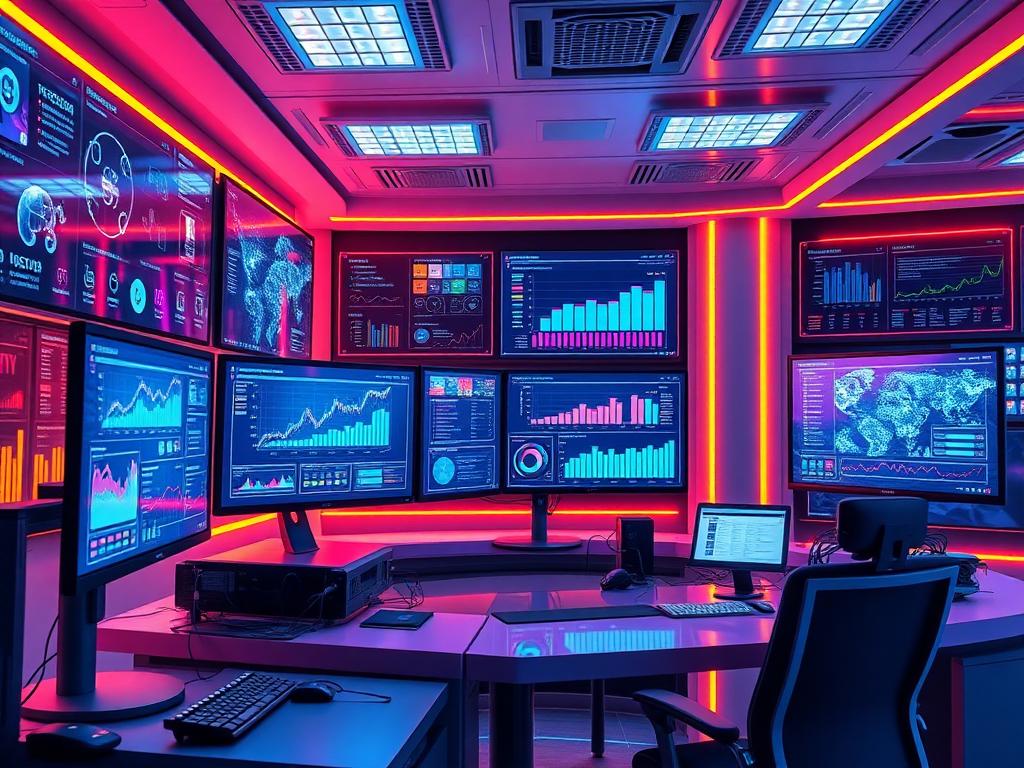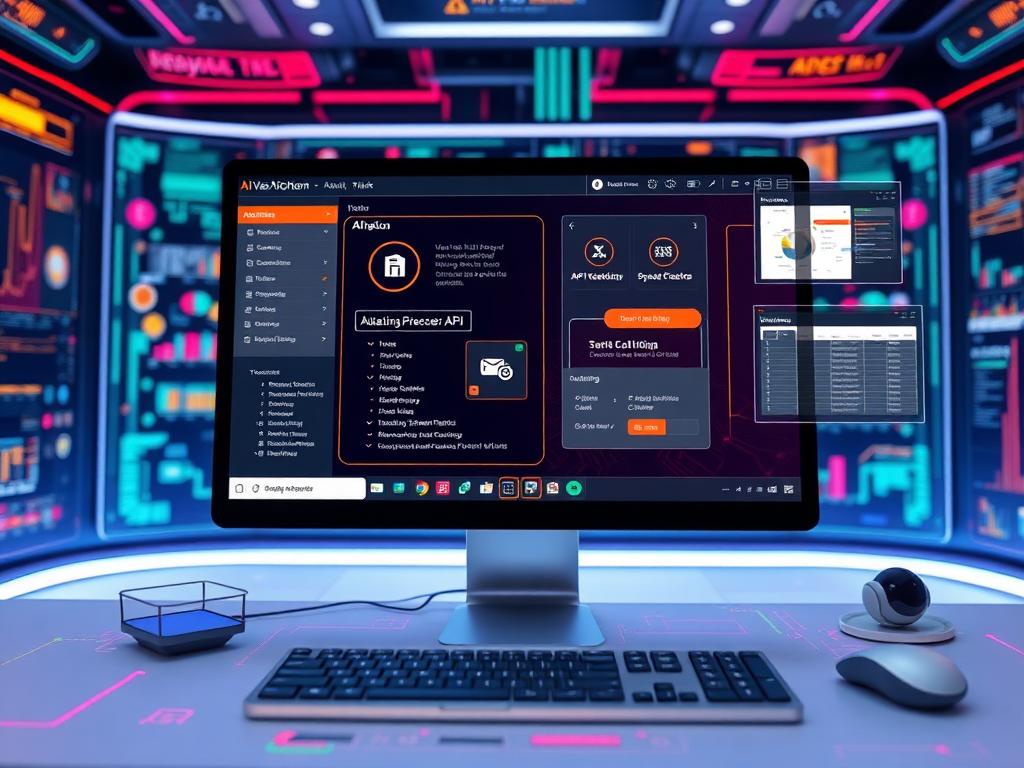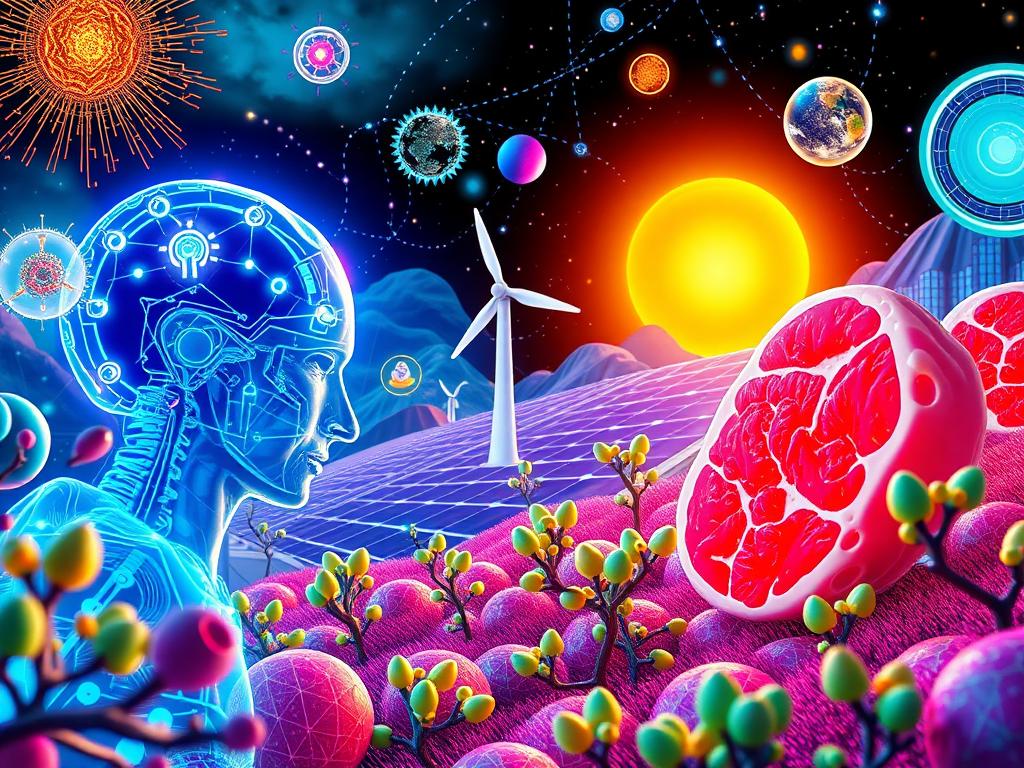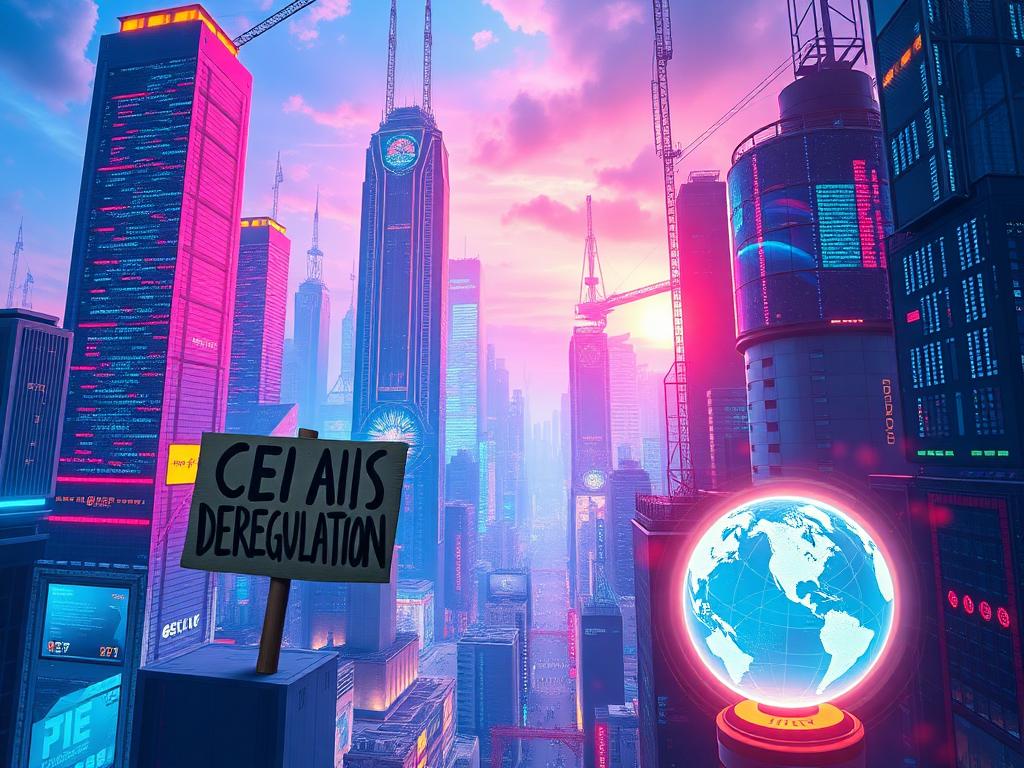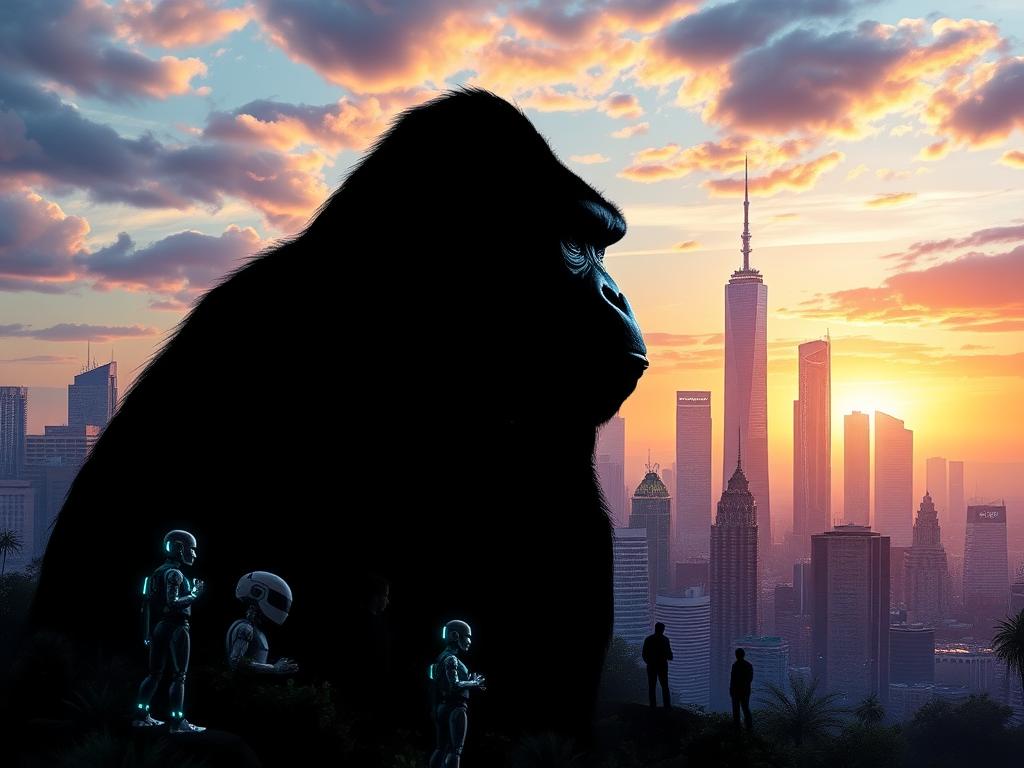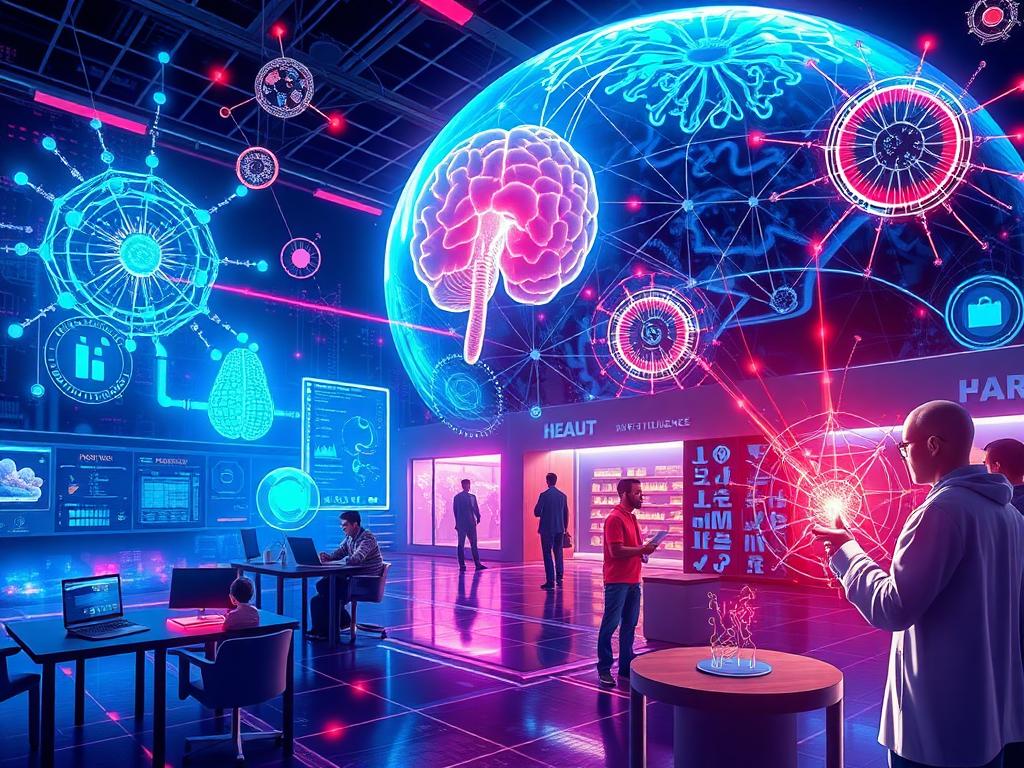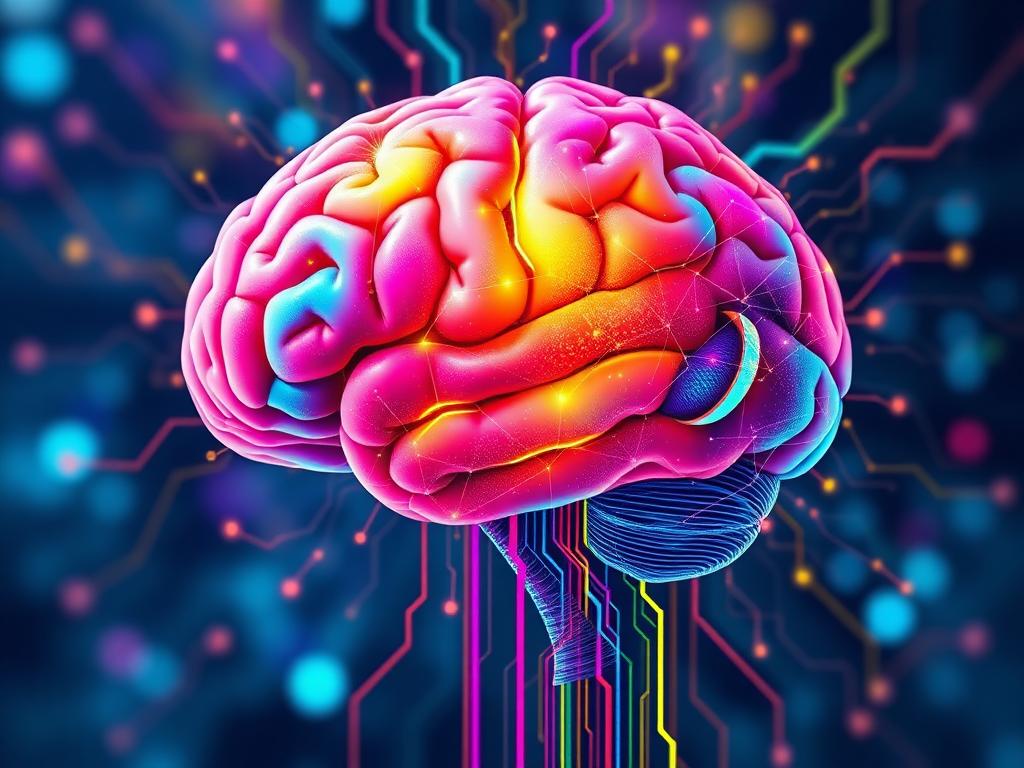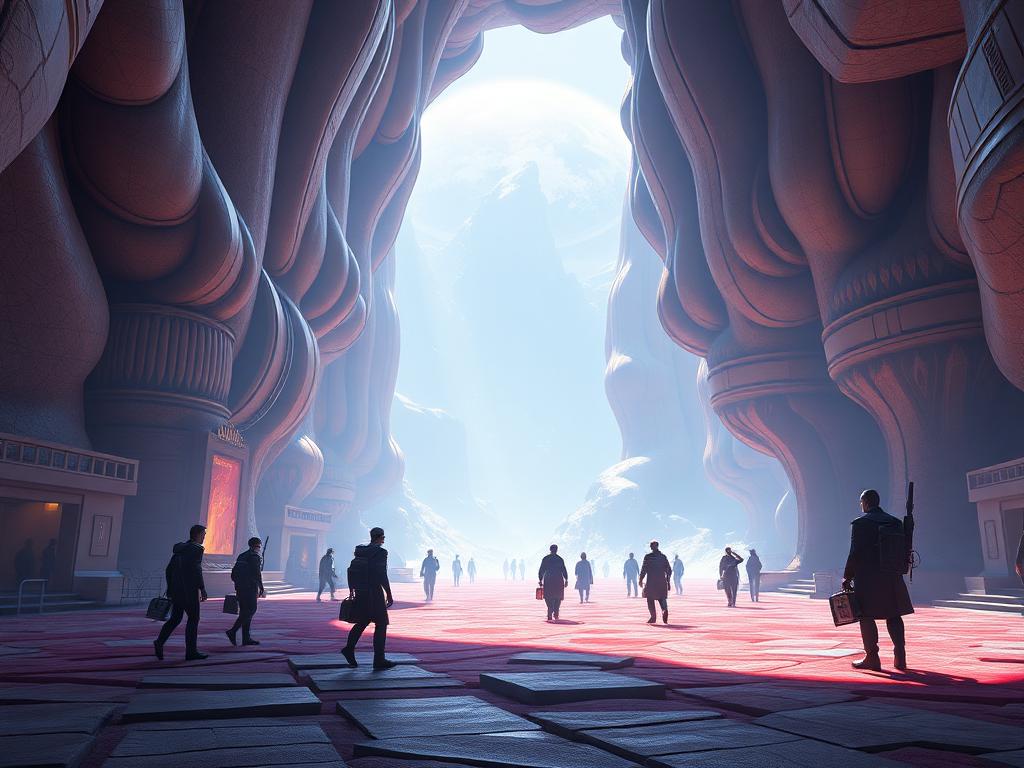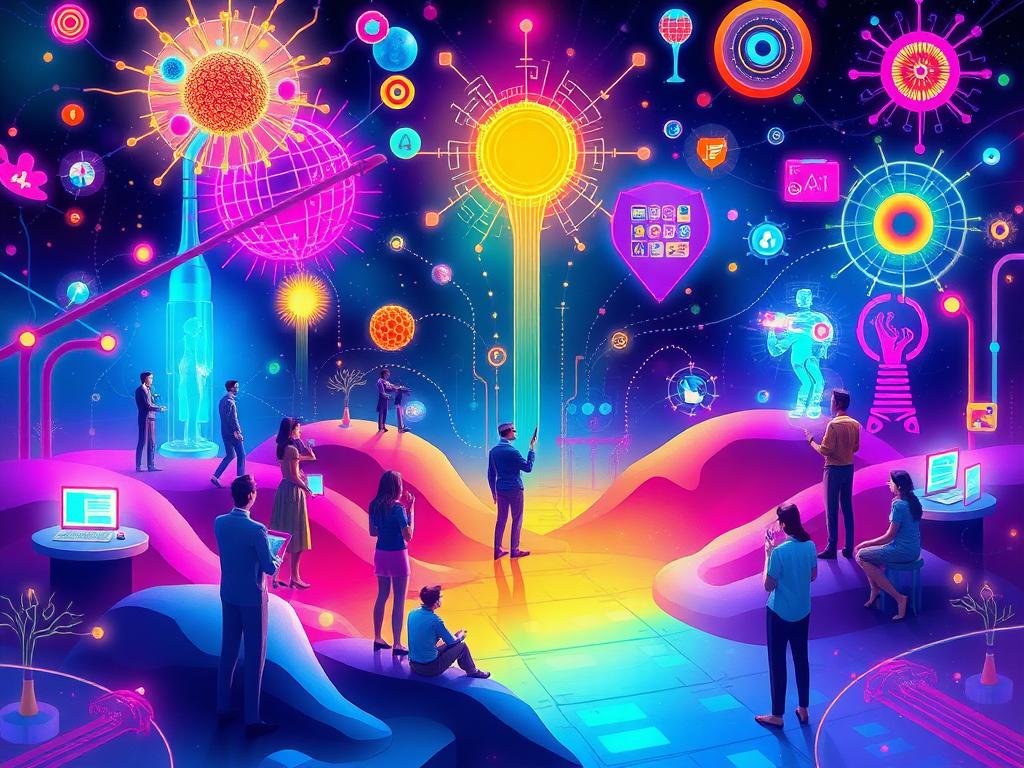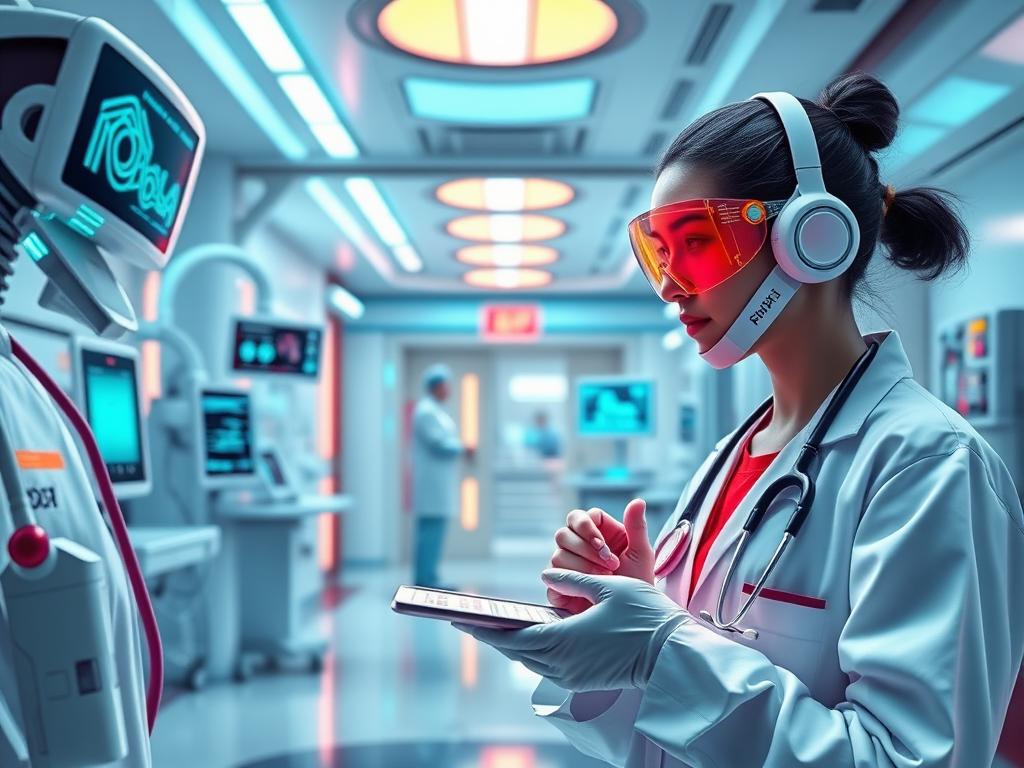
The Vital Role of Press Freedom Today
Explore the critical importance of press freedom in combating disinformation, the threats journalists face, and the impact of AI on global media.
In a world marked by escalating conflict, climate chaos, and a rapidly evolving digital landscape, the role of a free press has never been more essential. Volker Türk, the United Nations High Commissioner for Human Rights, emphasized this point, stating, “Amidst spiraling conflict, climate chaos, growing divisions, and a rapidly changing digital landscape, a free press is more vital than ever.”
The media plays a crucial role in helping us understand the world around us, fostering critical thinking, and encouraging dialogue. However, press freedom is under severe threat globally. Türk warned that free and independent media are the best antidote to disinformation, yet journalists face harassment, detention, torture, and even death for simply doing their jobs.
Since January, at least 20 media workers have been killed, and impunity for crimes against journalists remains widespread, with over 80% of killings going unpunished. In conflict zones, warring parties often restrict or deny access to journalists, further stifling truth and accountability.
This year’s observance of press freedom also highlights the transformative impact of artificial intelligence (AI) on the media landscape. While AI can be a valuable tool for journalists, it also poses significant risks. Türk noted that AI-based algorithms often dictate what we see, shaping our perceptions of reality. Politicians and states use AI to weaponize disinformation and monitor journalists, violating their privacy and creating a chilling effect, particularly for women journalists who are disproportionately targeted.
Moreover, the concentration of power in the hands of a few corporations and individuals controlling AI technology has profound implications for the global media landscape. UN Secretary-General António Guterres underscored the dual nature of AI, highlighting both its opportunities and risks. He pointed to the Global Digital Compact, adopted by UN Member States, which outlines steps to strengthen information integrity, tolerance, and respect in the digital space.
Türk called for urgent action to protect press freedom, starting with states ensuring the safety of journalists from attacks, hate campaigns, and surveillance. He emphasized the need for greater transparency in data usage, content curation, and algorithm design. Media concentration laws must also be updated to reflect the influence of AI and tech platforms, promoting a diverse media landscape that supports independent journalism.
Tech companies have a critical role to play in this effort. Türk announced that his Office and UNESCO are providing guidance to help tech companies assess the risks their tools pose to journalists and civil society. “A free, independent, and diverse media can help to heal the divisions in our societies,” he asserted. “We must do everything in our power to protect it and allow it to flourish.”




